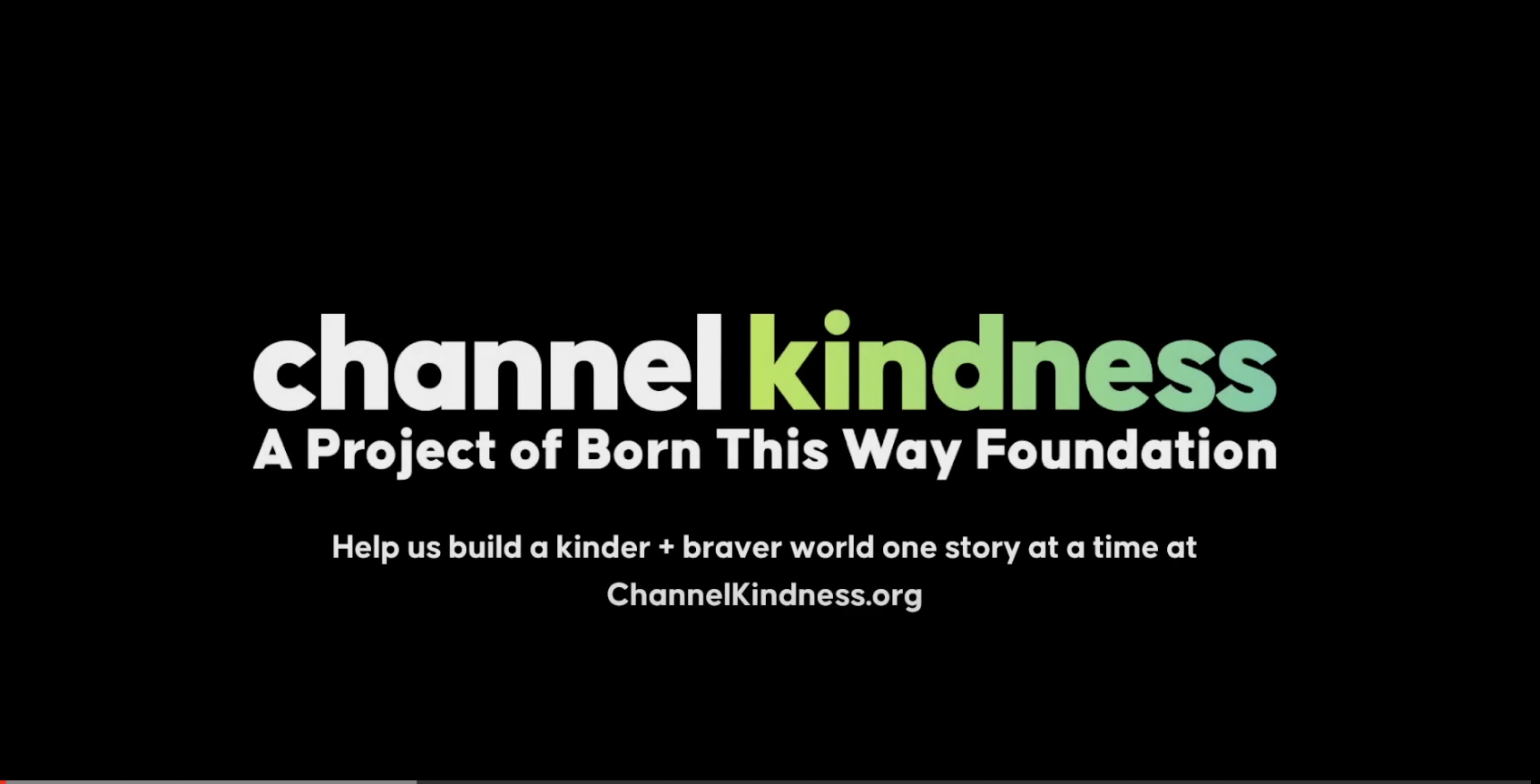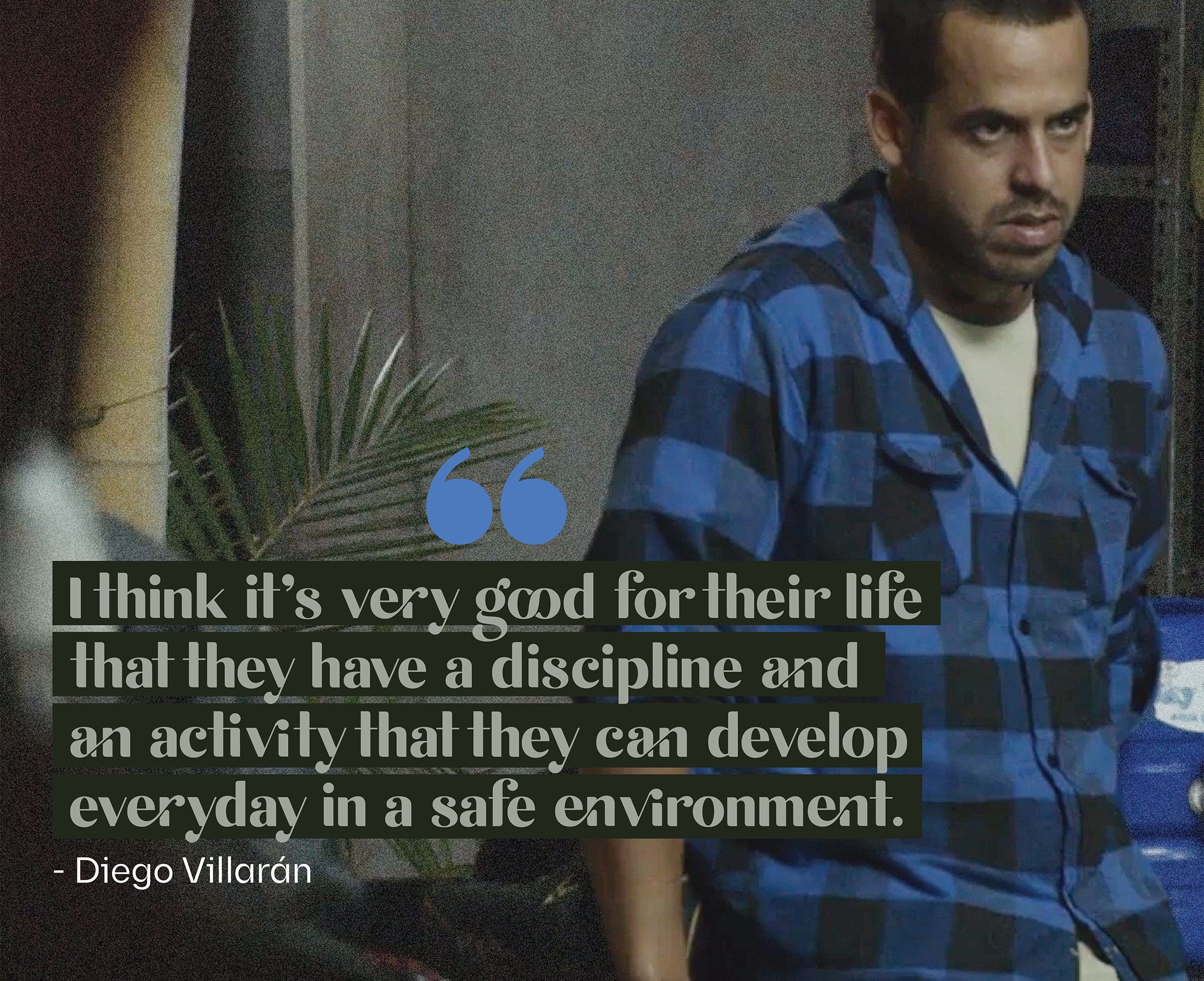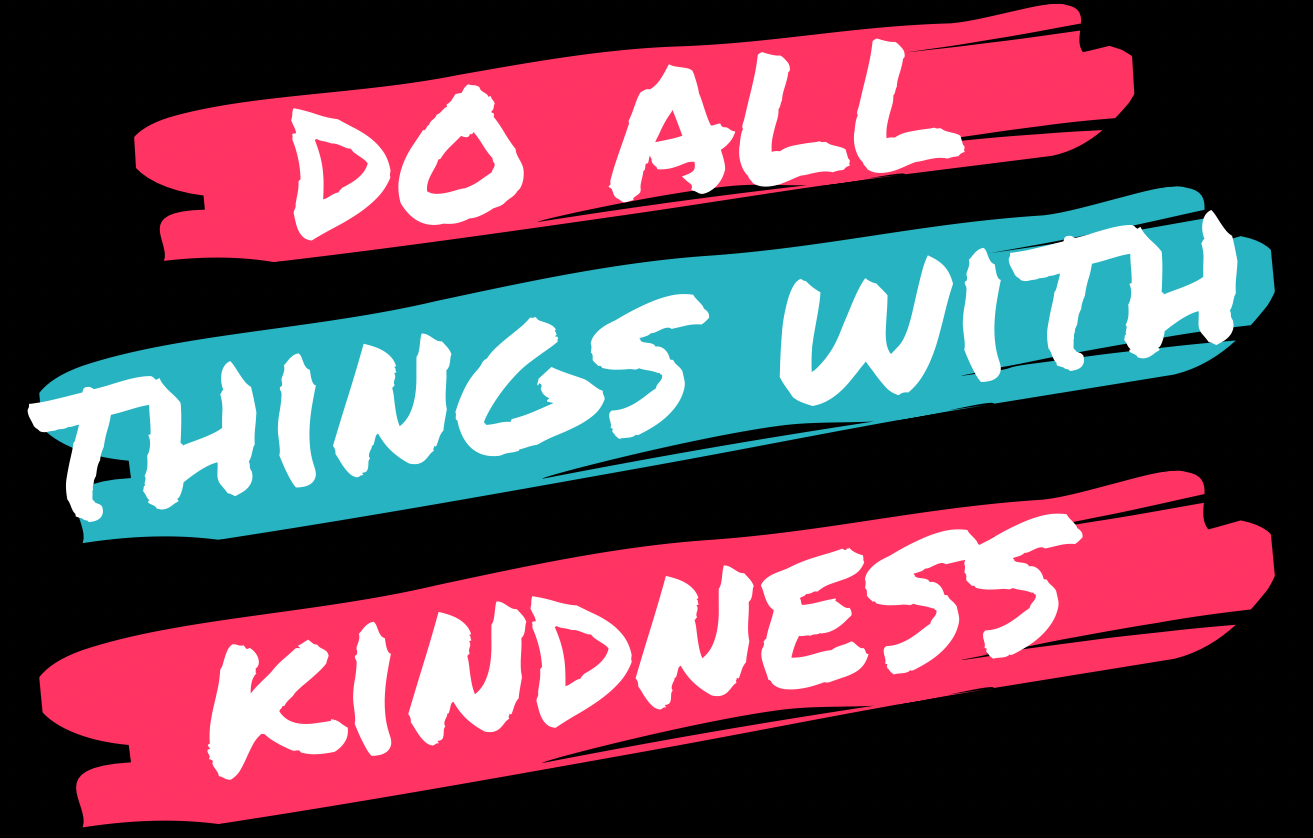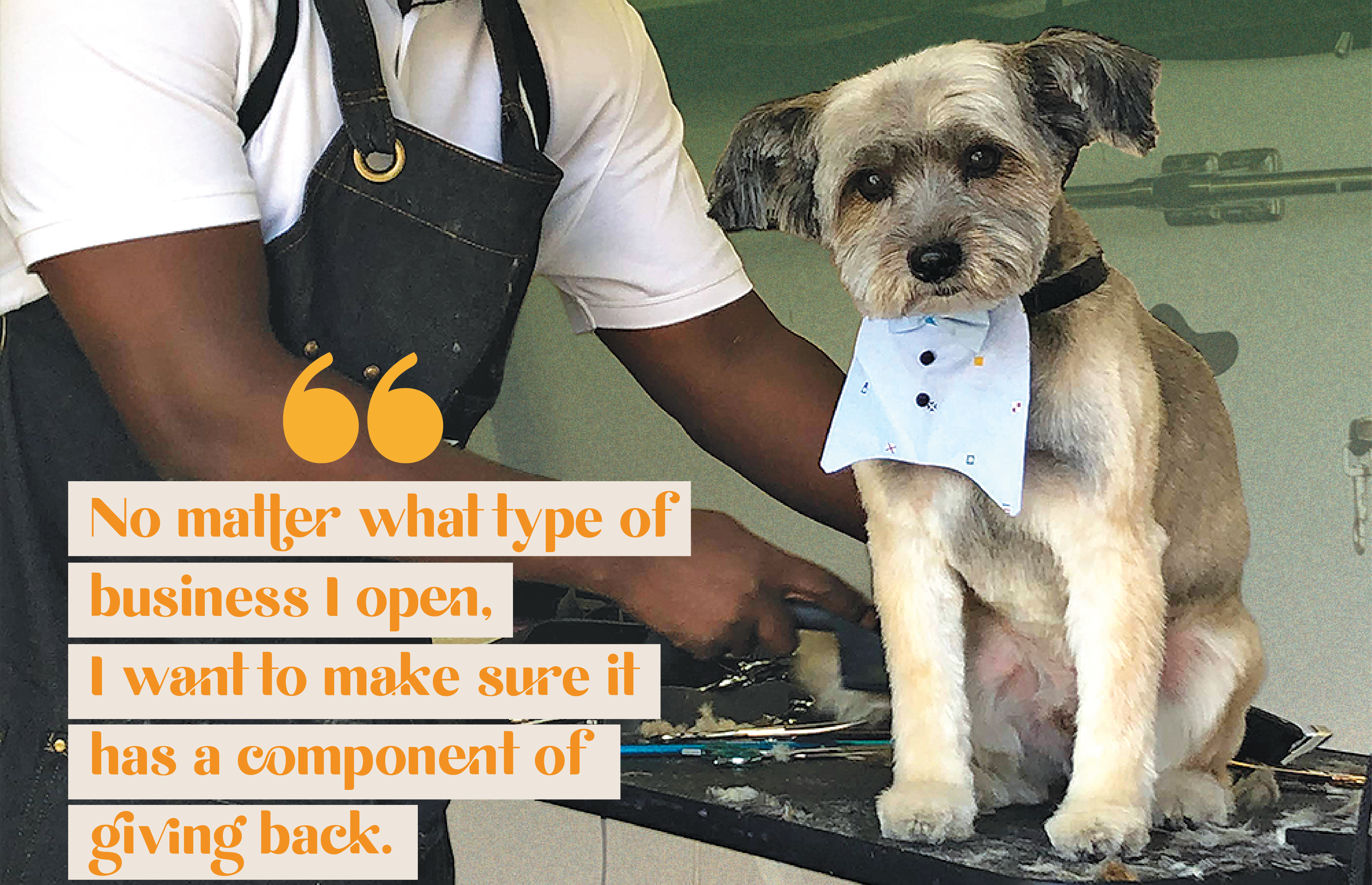All my life, I’ve been obsessed with neatness.
As I write this sitting at a not-so-neat desk paralyzed by summer indolence, I realize how quick my parents will be to denounce that first statement. So, I’d like to clarify: all my life, I’ve been obsessed not with material neatness, but with the neatness of words, of stories, of cookie-cutter responses to questions about identity.
Being a third-culture kid (read: people who were raised in a culture other than their nationality/parents’ cultures during the formative years of their childhood) without a concrete sense of home isn’t exactly neat.
In fact, it is decidedly messy: flailing roots, broken words in your native language, the constant mathematical turmoil of converting currencies, and the raging vortex of long-winded answers you must choose from when they ask you, “Where are you from?” while everyone else delivers the tidy
four-word response.
Third-culture kids are geography’s middle children: we float like pollen toward a bewildering intersection of cultures, neither fully here nor there. As an Indian who has lived in the United Arab Emirates all my life, I’ve wrestled with the definition of home for as long as I can remember: debating over whether home had to have Dubai’s towering palms or Kerala’s stunted banana trees,
Dubai’s endless dunes or Kerala’s tranquil backwaters, Dubai’s scorching heat or Kerala’s relentless rain.
But home remains elusive.
I remain an expatriate in the UAE, dispelling any notions of permanence. And yet, even during summer vacations in India – where I am a citizen – the cultural disconnect is overwhelming. I struggle to admit that I know more English than I do Malayalam. I visit my cousins just once a year, taking every precaution to not do anything that would make me come off as an arrogant foreigner.
Home is at a location that doesn’t have any coordinates I can find.
For third culture kids, finding a concrete sense of identity remains an ever-present futile chase, one that is a sizeable challenge to their mental health. For those who relocate often, TCK grief – an engulfing feeling of helplessness in times of transition – can be particularly hard to deal with. There
is a great need for TCK-specific resources in classrooms and at homes. Families can pitch in with concerted (but not forced) efforts to maintain bonds.
Educators need to develop support systems that help these kids in their integration with the school community and introduce modules that discuss complex senses of identities. Normalize the TCK experience among non-TCKs so that they can treat their peers with kindness and understanding.
But, perhaps the most important step that needs to be taken is a realization I’ve finally come to terms with after nineteen years: home is what you define it to be, regardless of how untidy or unconventional your definition is.
Home for me, thus, becomes a place straight out of my kindergarten art book. It is a land where dates and bananas grow side-by-side, backwaters seep into sand dunes, hummus and jalebis are savored with equal relish and Bharatanatyam is enjoyed with as much enthusiasm as the Khaleegy.
Home is at the center…and so am I.





















